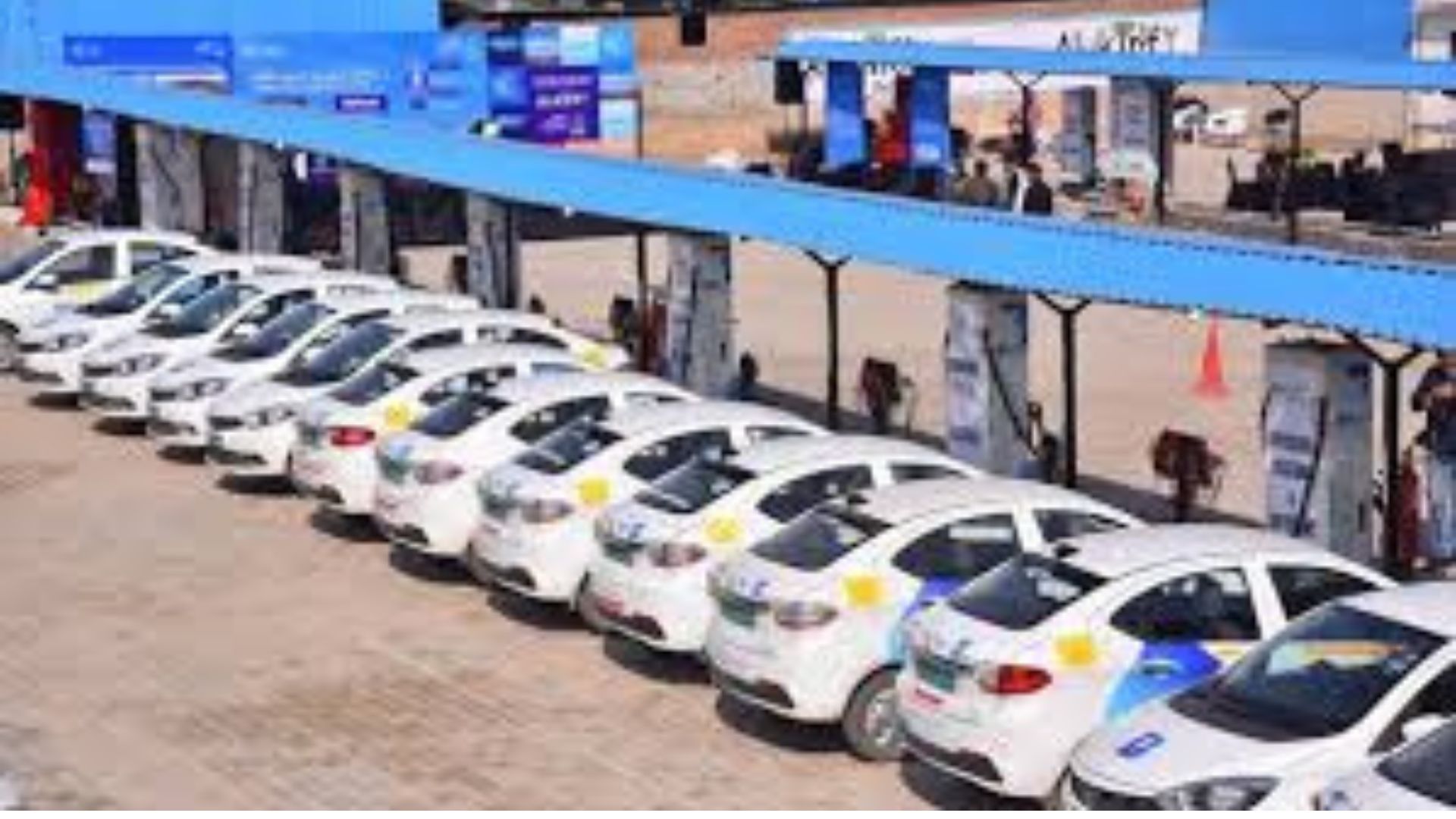
The Indian government is expected to broaden its electric vehicle (EV) policy, potentially making electric cars more affordable for consumers. This development raises the question of whether purchasing an EV in 2025 is a wise decision.
As of now, electric cars account for less than 3% of total car sales in India. Major automakers are beginning to build a diverse portfolio of electric vehicles. Tata Motors offers several models, including the Tiago EV, Tigor EV, Punch EV, Nexon EV, and Curvv EV. Meanwhile, MG Motor India has introduced the Windsor EV, Comet EV, and ZS EV. Mahindra has the XUV400 and has recently launched the BE 6e and XEV 9e.
Hyundai currently sells the Ioniq 5 and plans to launch the Creta EV in 2025. BYD India offers models such as the eMAX 7, Atto 3, and Seal. Additionally, Maruti Suzuki, India’s largest car manufacturer, is set to unveil its first electric vehicle, the eVX concept-based e Vitara, in 2025. Skoda and Volkswagen India also plan to introduce the Enyaq and ID.4, respectively. Luxury brands like Mercedes-Benz, BMW, and Audi are also entering the EV market.
One of the most crucial factors to consider is pricing, which may decrease if the government modifies its EV policy to favor automakers like Hyundai, Kia, Toyota, Volkswagen, and Skoda, all of which have manufacturing facilities in India.
While lower prices may make EVs more appealing, potential buyers should consider various factors, including their primary use cases. For city driving, EVs can be a convenient option. However, for extended highway use, the limited range and availability of charging stations may pose challenges. Additionally, the time required to charge an EV is an important consideration for many consumers.
The government is taking steps to address these concerns through the recently launched PM Electric Drive Revolution in Innovative Vehicle Enhancement (PM E-DRIVE) scheme, which allocates ₹2,000 crore to enhance the public charging network. The scheme aims to install 22,100 fast chargers for electric four-wheelers, 1,800 fast chargers for electric buses, and 48,400 fast chargers for electric two-wheelers and three-wheelers in select cities and highways with high EV presence.
Ultimately, electric vehicle ownership may not suit everyone. However, for those primarily driving in urban areas with adequate charging infrastructure, an EV could be a practical and environmentally friendly choice.















